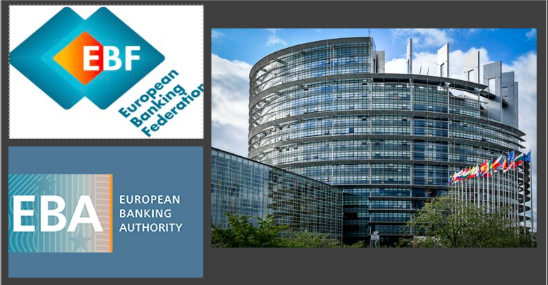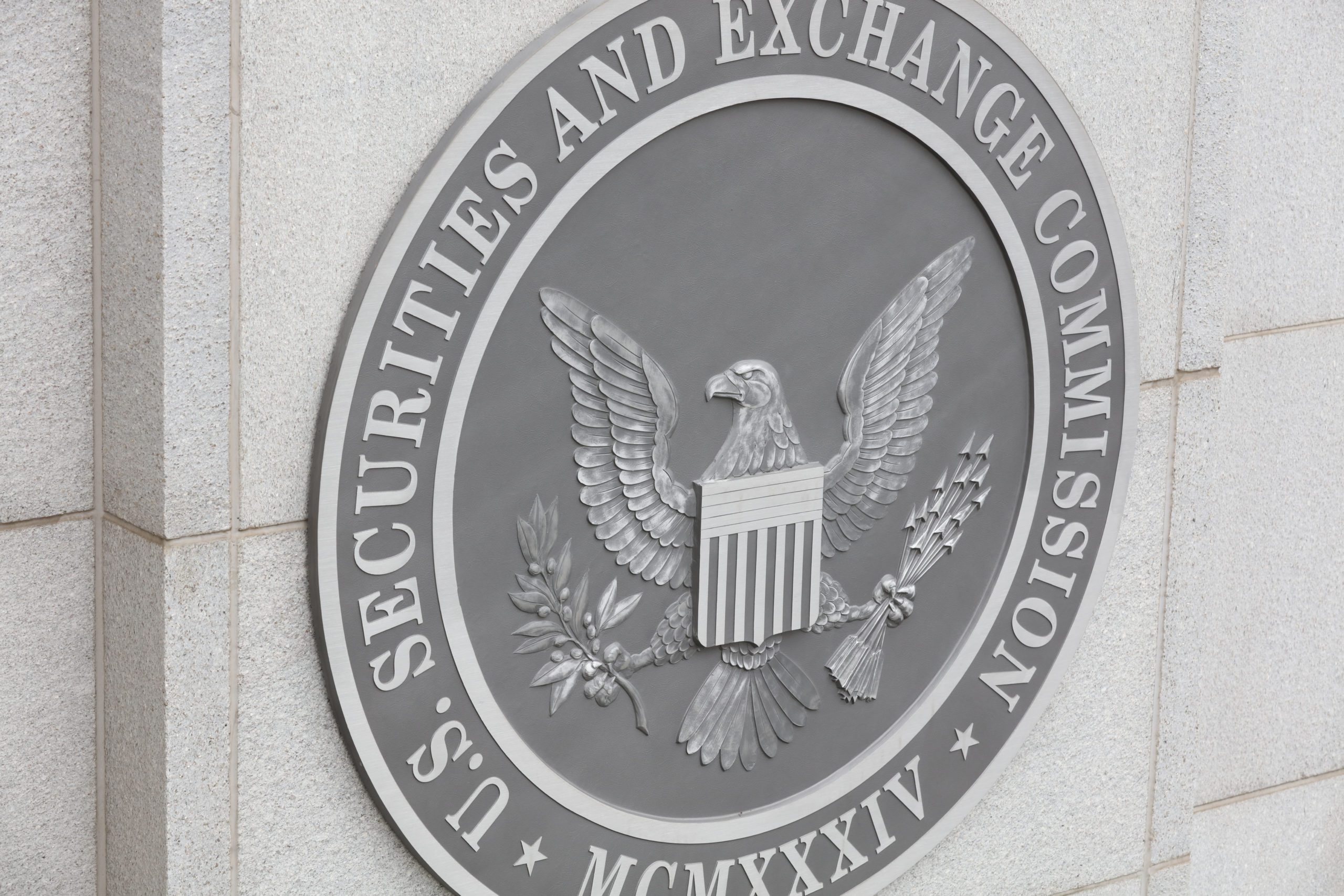By Elizabeth Hearst for AMLi
DIFFERENT views have emerged about who should be in charge of the AML supervision of Europe’s non-financial services sector (DNFBPs).
European Finance Commissioner Mairead McGuinness is currently meeting with Member States and agencies as she finalises the adoption of the EU’s AML Action Plan.
The Action Plan – which was published 11 months ago – will be adopted within weeks following a prolonged round of negotiations with EU countries and agencies.
Now a recently published European Parliament review shows just how different are the various views of agencies ranging from the European Banking Authority (EBA) to the European Banking Federation (EBF).
In particular, the parliament report reveals there is no single or agreed view of how “a harmonised rulebook” should apply in the non-financial sector.
The Commission’s Action Plan recommends a “dedicated EU supervisor should also increase supervision of the non-financial sector” – something which has not been well-received.
In its response the European Banking Authority says the current AML Directive encompasses “more than 2 Million designation non-financial businesses and professions (DNFBPs)” including “accountants, lawyers, tax advisors, estate agents and high-value goods dealers”.
The EBA says based on the European Supervisory Authorities (ESAs) RiskBased Supervision Guidelines the “same rules apply to DNFBPs as to financial institutions.” The EBA further reveals current “DNFBP supervision at EU level is highly fragmented” and inconsistent.
The Authority describes how current systems have enabled some Member States to opt for “self-regulation” in DNFBP sectors, leading to “uneven supervisory outcomes” between and “within” some Member States.
The Authority points out:
- that “centralised EU-level supervision” of DNFBPs is “difficult and potentially not cost-effective”.
- the inclusion of all DNFBPs “within the scope of the EU-level AML/CFT supervisor should be carefully assessed from a cost-benefit point of view”.
The EBA also says increased staffing needs “could delay significantly the set-up of any functioning mechanism.” It recommends the Commission introduce such measures to the financial sector first and foremost, before “gradually” extending the scope of the supervisor.
Meanwhile the European Banking Federation has called for all obliged entities to fall under EU supervision for AML/CFT compliance but stated that its introduction should be “through a gradual process”.
The Federation – which represents the EU’s banking system – says it does “not believe that a future EU supervisor should directly supervise obliged entities.” It will only go so far as to call for the Supervisor to “support national authorities” in their internal investigations.
Overall, the report finds the Commission received “general support for further action at EU and international level to combat money laundering and terrorist financing.” This support however stopped short of backing proposals to implement a harmonised rulebook in the non-financial sector.
Despite this, “private-sector representatives supported the idea of harmonising EU AML/CFT rules”, with an overwhelming majority supporting an “EU-level supervisor” that would hold responsibility for “all obliged entities and not only those in the financial sector”.
Last July, Finnish MEP Eero Heinäluoma called for the Commission to go further in its pledge to tackle money laundering, adding that there was a “clear need for a uniform list of obliged entities”. He stressed that “the scope of obliged entities” should be widened, to “integrate new and disruptive market sectors as well as technological innovation”.
The Treasurer of the S&D Group also urged the Commission to implement a “more harmonious set of sanctions at EU level”, as he maintains that there is an “urgent need” to do so.
A resolution adopted by the European Parliament in July 2020, showed that there was widespread support by MEPs for the “Commission’s intention to transfer parts of the AML Directive into a regulation”, and proposed an “EU FIU” to ensure “common implementing measures or standards for cooperation between FIUs”.
Outspoken German MEP, Sven Giegold welcomed the Commission’s action plan, and detailed how the lawmakers had “finally undertaken bold steps” in the fight against money laundering. He expressed his delight that the “EU Commission had finally taken up many long-lasting Green demands”.
He stressed the need for a European supervisor “with direct powers over obliged entities and EU-wide regulation to effectively stop money laundering”. In a statement, Giegold added that “financial crime goes beyond banking” and urged the Commission to “come forward with ambitious legislative proposals” in the near future.
A number of written questions were submitted to the Commission as part of this Consultation process. One Member asked about the proposed measures that the Commission intends to take to “tackle cross-border crime more effectively” and to “develop the exchange of information between countries”.
European Commission Vice-President Valdis Dombrovskis highlighted the Commission’s “still forthcoming AML action plan” including its elements such as an “EU single rulebook on AML/CFT, an EU level AML/CFT supervision and a support and cooperation mechanism for FIUs”.
European Financial Services Commissioner Mairead McGuinness will be the Keynote Speaker at the AML Intelligence Boardroom Breakfast Series on May 17. Register your interest here:
Share this on:
Follow us on:











